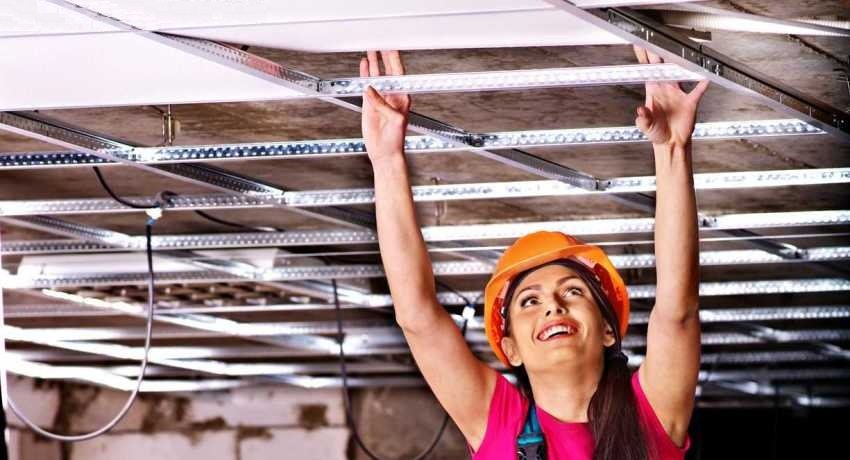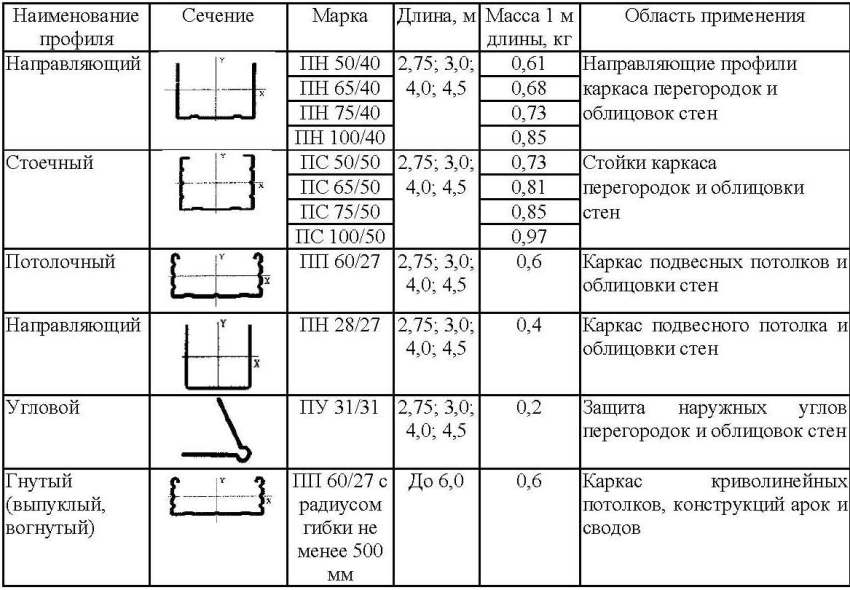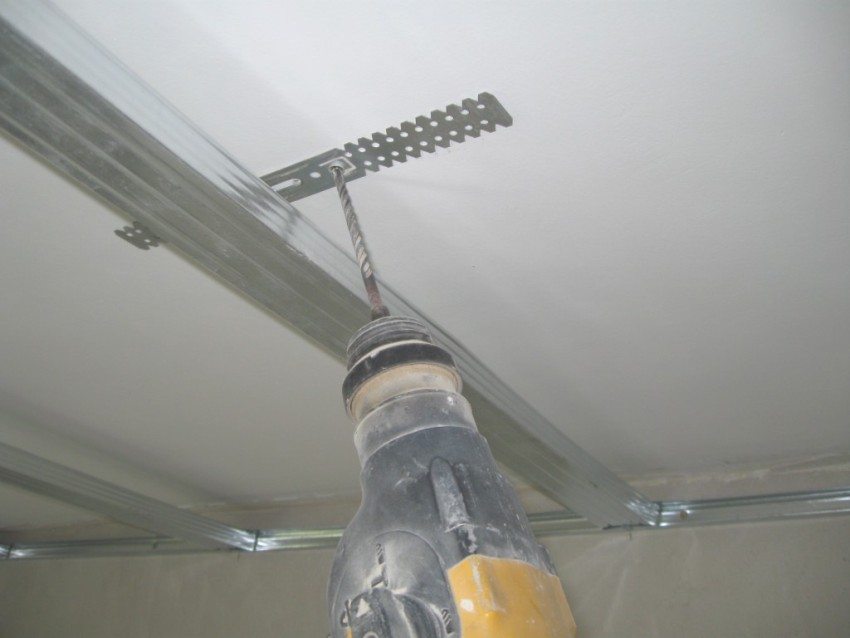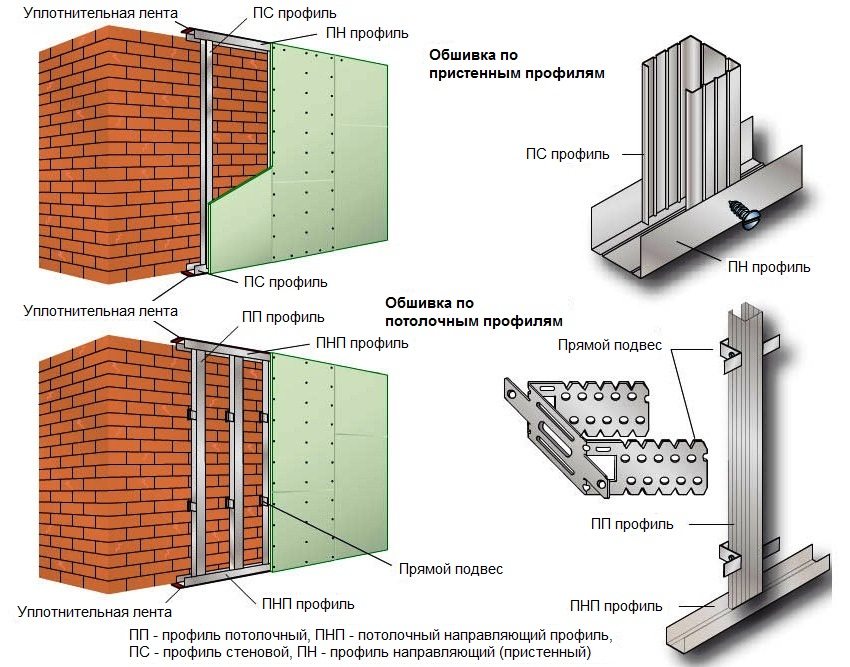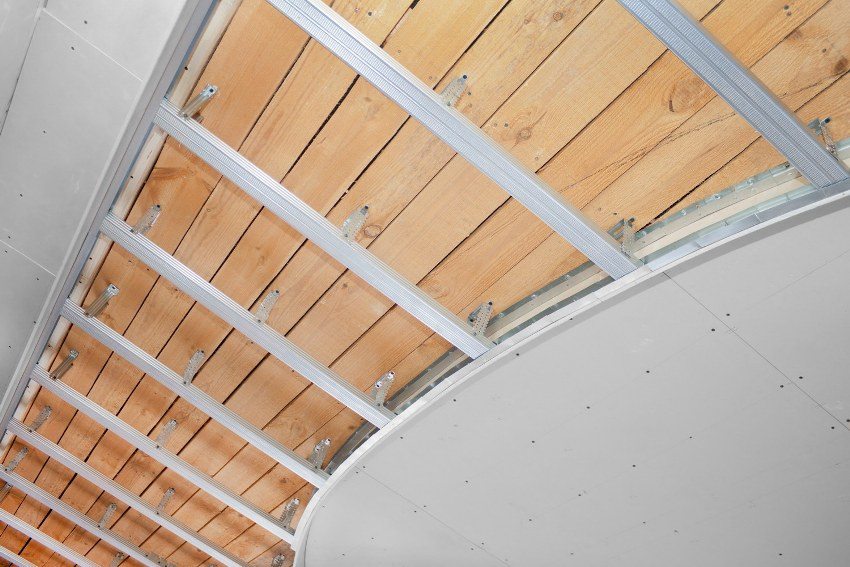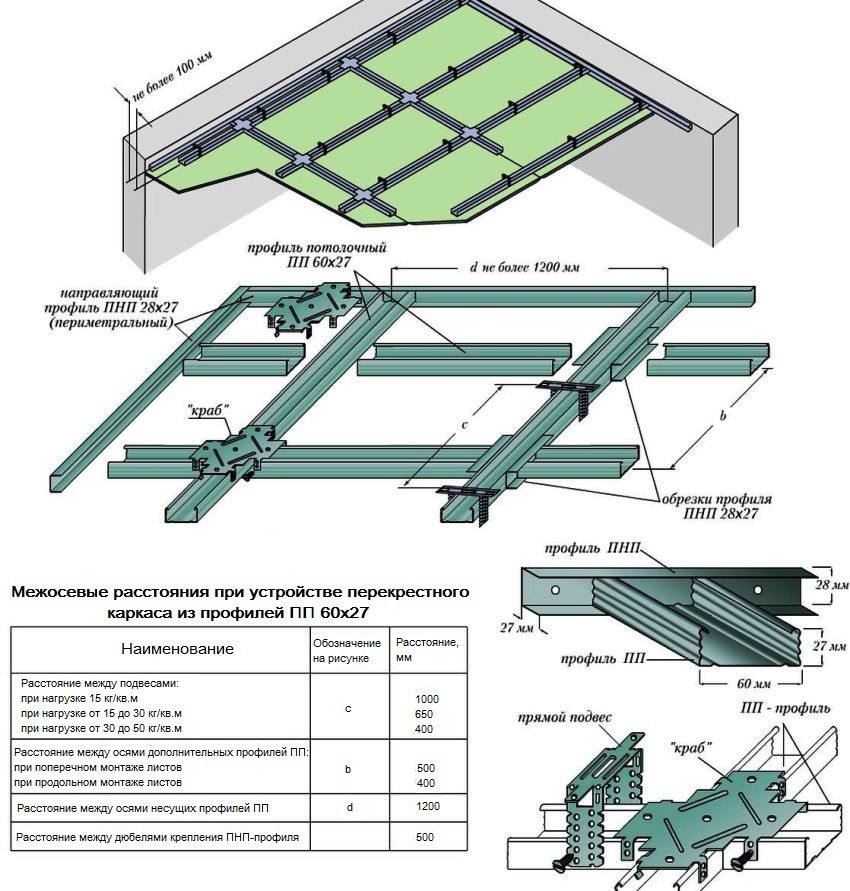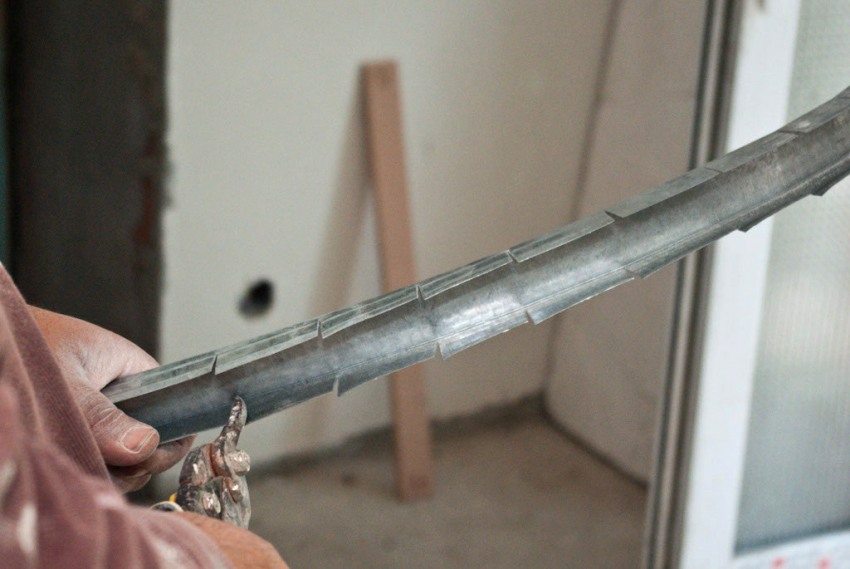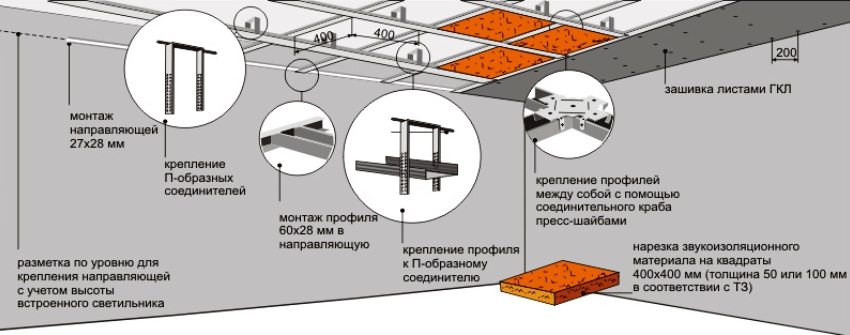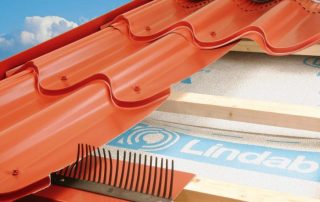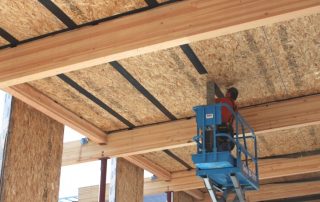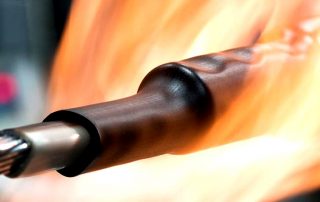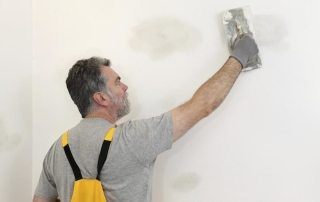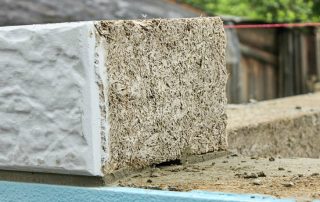Drywall is no longer just a popular, but a necessary and irreplaceable finishing material. It simplifies interior work so much that there is simply no point in going back to old wall-leveling technologies. The use of drywall is based on simple and affordable installation, for which metal fittings are used. These products provide different ways of simple and reliable fastening, therefore the types of profiles for drywall: sizes and prices reflect a wide range of applications for this material.
Content [Hide]
Types of profiles for drywall: sizes and prices of the main models
The assortment of the profile is numerous, but it can be classified into three types:
- Surface-planar. It is used for fixing gypsum board on walls and ceilings.
- Arched. Facilitates the creation of correctly rounded shapes.
- High strength wall profile. Used to create partition frame structures.
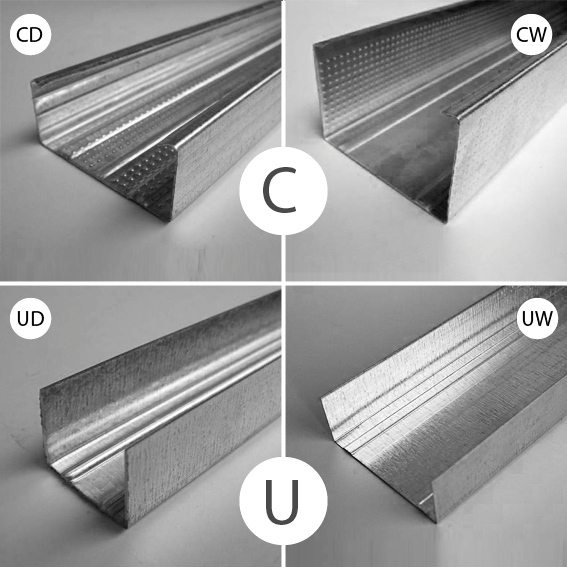
CD and CW - bearing profiles, UD and UW - guides. The letters C and U in the marking indicate the profile shape in section
Surface-plane profile
Galvanized steel products which are marked with UD and CD. This type of profile has a standard shape, but differs in cross-sectional dimensions, thickness and length. The UD runners are designed for mounting the ceiling contour into which the CD profile is inserted. The result is a grid for attaching drywall.
With regard to rigidity, the walls of the planar profile are made with a width of 0.4 to 0.6 mm. The estimated cost of a UD with a length of 3 meters and a thickness of 0.5 mm is about $ 1-1.5, for a CD bearing profile with the same parameters - $ 1.5-2.
Useful advice! When using a flat profile for wall cladding, you can save on this material by using strips with a minimum thickness. But in no case should it be used for ceiling sheathing. The plane profile used on ceilings holds a constant load, so its thickness should be 0.5-0.6 mm.
Arched profile
The configuration of the plane profile allows it to be used only for flat surfaces. But a slight adjustment to the CD profile made it possible to obtain a new type of product for fastening drywall when creating arched structures. For this, cuts and holes are made in the strips, which allow them to be configured at any angle.
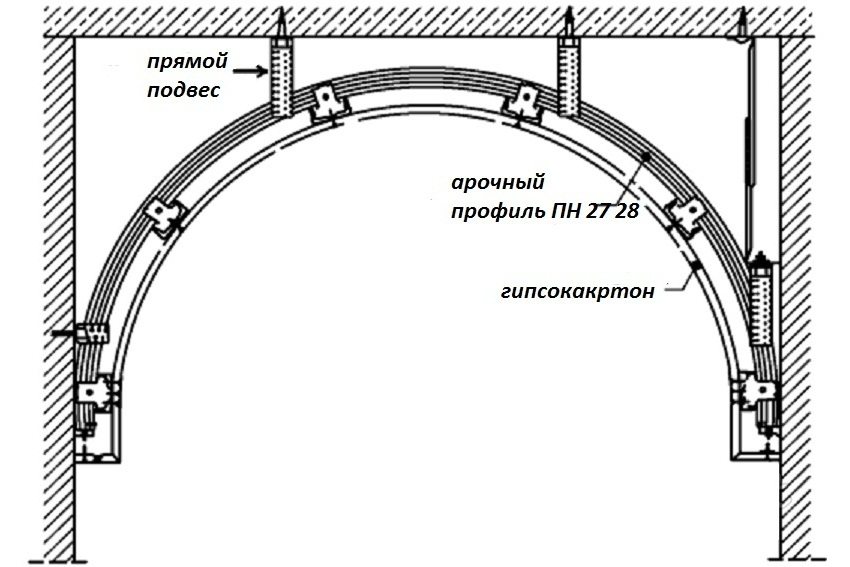
Arrangement scheme arches using an arched profile
For arched types of plasterboard profiles, the dimensions and price are similar to CD racks. But in this case, it is necessary to take into account the peculiarities of their configuration.
Frame from a profile for drywall (video)
Partition type profiles
They are divided into the category of support (CW) and guides (UW). Due to the fact that these products are used to construct structures that do not have lateral wall support, their structure is strengthened by width and height. The profiles are manufactured in the following sizes (width / height in mm):
- UW: 50/40, 75/40, 100/40, 125/40, 150/40.
- CW: 50/50, 75/50, 100/50, 125/50, 150/50.
The length of such profiles can be from 2.4 to 4 meters.
The functional significance of the CW support or load-bearing profile for drywall is to create a mounting base for the wall for attaching the UW runners to it. With the help of rack products, the base of the frame is formed. They are fixed to the floor and ceiling. The distance between the supports is usually 0.4 m so that the seams of the gypsum plasterboard sheets are joined on their surfaces.
Useful advice! This type of profile is also used for the construction of more rigid suspended plasterboard ceilings.
Estimated prices
The cost of each type of profile is influenced by their size and thickness. In order to have a general idea of prices, you can build on standard indicators.
Three-meter profile CW rack:
- 50/50 / 0.4 mm - $ 1.2-1.5;
- 75/50 / 0.4 mm - $ 1.6-1.8;
- 100/50 / 0.4 mm - $ 2-2.2.
Related article:
Cutter for a metal profile for drywall: types and characteristics
Appointment, trade marks, tool selection. Operating rules. Diy profile cutter.
The average cost of similar profile materials with a thickness of 0.6 mm will differ by approximately 25-30%.
